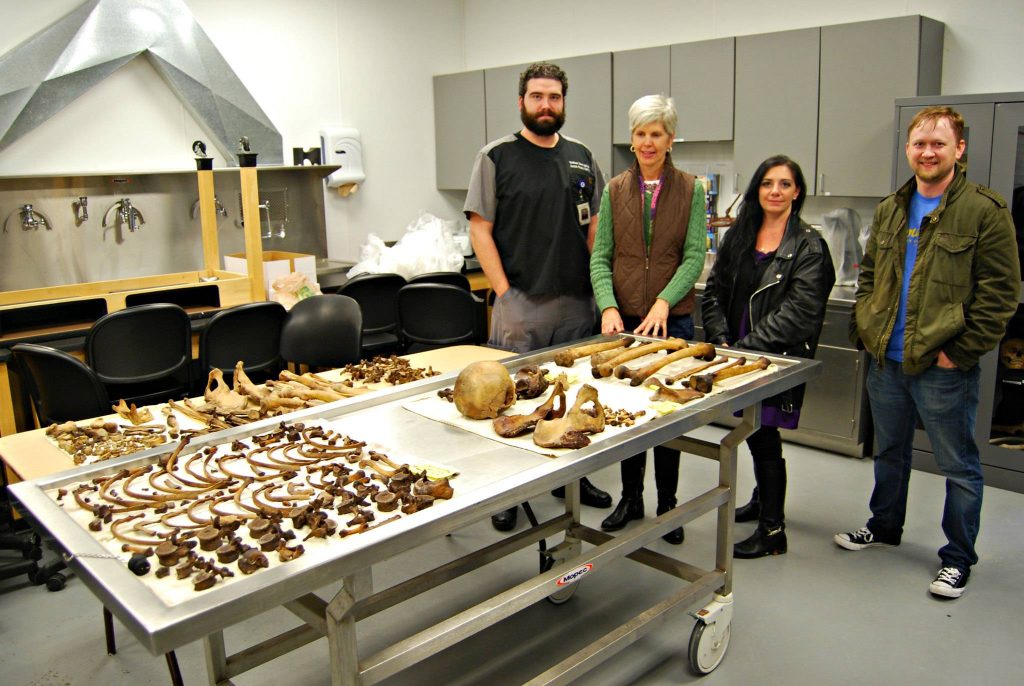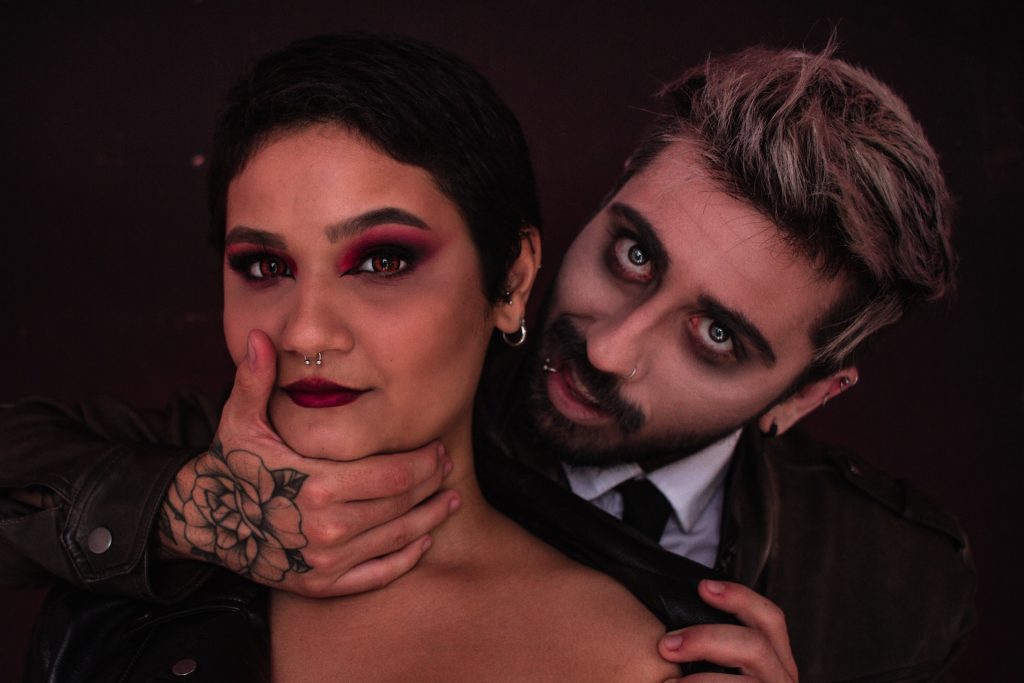It bugs the hell out of me why this has not been solved.


Without repeating what countless other articles have suggested, true crime is growing in popularity each year. Most in part to the rise of the amateur web sleuth, Netflix and other streaming services, podcasts, books, and blog sites.
As such, there has been (rightfully so) scrutiny aimed at the true crime community from high-reaching individuals, mainstream media, and those who have a vested interest in a particular case.
Their complaints, worries, and posited dilemmas are not without warrant. With the rise of true crime, there has inevitably been an influx of individuals and businesses aiming to cash in on this burgeoning industry.
We read books, watch shows, and listen to podcasts to be informed of the facts, to be entertained, and more importantly to learn and grow as individuals. Yet, it is the entertainment side of true crime that has some people stumped.
The formats above cross the line between entertainment and journalism, they sit on the fence between both, teetering on the edge of whether to full-on entertain the audience or factually and ethically inform.
I previously wrote about what makes true crime so popular, so you can better understand how true crime has been with us for centuries, how it teaches and prepares us, and why true crime will never go away.
True crime is for the benefit of others
There is a true crime community that exists in the code of the internet and in library meeting rooms across the world. There is no competition between us, at least not those who understand the truth of true crime, in that we write, record, and film, for the benefit of others and not for selfish reasons.
I chat by email to other true crime authors, share promotional tips by DMs, and retweet as much good true crime content as I can. Our readers and listeners consume a lot of content, too much for any one individual or team to produce in ten lifetimes.
But there is bad true crime, and I’m not talking about poorly produced or formatted content – which is a lapse of professionalism on behalf of the content creator – but in relation to content that oversteps the mark and crosses the line into disrespect and belittlement.
There are audio shows where the podcasters drink heavily, laugh about case inconsistencies, mock the suspect or victim, and show true crime in a bad light. There are books written where the authors are biased to the point of ignoring factual evidence to back up a theory simply to stand out.
None of this is ultimately damning, it’s okay to laugh off evil in the world and condemn violent criminals, and it’s fine to have an opinion. Yet, when true crime crosses the line into insults, unwarranted criticisms, and borderline abuse of a platform then there should be recompense.

The true crime code of conduct
A set of 11 simple guidelines for ensuring true crime creators are responsible, knowledgeable, and able to reduce stigma at every turn.
1. Do not use the phrase ‘commit suicide’.
Commit suggests criminality and blame. Suicide happens when someone has no other alternative available to them despite wanting to live. Use terms like ‘died by suicide’, ‘took their own life’, or ‘ended their own life’.
2. Do not give too much detail on suicide or self-harm.
Such subjects require a trigger warning message at the start of the content. There is no benefit to the reader or the family of the victim to go into depth on either subject. Try and strike a healthy balance between reporting the facts. The Samaritans have a great set of media guidelines on how to report suicide.
3. Do not use ‘mental health issues’ as a catch-all for criminals.
Not all criminals suffer from ill mental health, and there is no need to muddy the work of mental health campaigners by suggesting a criminal has mental health issues where none is recorded. Reporting on cases involving recorded mental health facts should be dealt with in a respectful and unexaggerated manner.
4. Do not have a ‘favourite’ case or killer.
True crime inevitably involves the death or victimisation of a real-life person. To say that a murder or criminal can be a favourite above others, and bundled in with food, film, and games, is abhorrent. Use terms like, ‘case that intrigues the most’, ‘case I always go back to’, or ‘one that stands out’.
5. Do not create false facts.
Feel free to set the scene but seek the truth and report on it. You should take responsibility for the accuracy of your work and where possible verify information before releasing it. It’s one thing to have discussions around a subject but another to outright lie to your audience.
6. Do not maximise harm to an individual or business.
There should be a balance between the public’s desire for information and the potential harm or discomfort caused by the author. Show compassion to victims, consider cultural differences, and avoid pandering to morbid curiosity.
7. Do not accuse someone of a crime without basis.
You can theorise but must disclaim that it is only a theory. You should balance a suspect’s right to a fair trial with releasing your findings to the public. You should consider the implications of identifying suspects before they have faced legal charges. If you make accusations against an individual or business then you should approach them for comment first.
8. Do not publish personal information of a suspect or victim.
Weigh the consequences of your emotional attachment to a case, with the right that private people have to control their own information. Do not publish personal addresses, financial details, private details, or other personal information that may result in that person being doxed.
9. Do not get involved or hinder a formal investigation.
You are likely to not be a member of a police force, prosecution team, crime agency, or formal investigatory team. Thus, do not offer rewards, make assurances to victims or families, or tell the public that you will get to the bottom of it.
10. Do not abuse your position as a researcher.
You are not allowed access to private property and you cannot record unpermitted conversations in order to advance your book/show. There are limits to how a researcher can gather information relating to a case, and you should be aware of your rights within your region before you yourself would have broken the law.
11. Do not steal content or infringe on copyright.
Most content for true crime cases is publicly available from court documents so there will be similar content used verbatim across various stories. Never copy content directly from others unless you have permission to do so. You won’t be protected from liability for defamation merely because you’re sharing information or materials first published by another source.

Addendums to the true crime code of conduct
If you’re digging back into a cold case, tread carefully when raising new facts and allegations, even against people implicated but never charged or convicted when the trail was still hot.
An ethical work of true crime is something that does the least amount of direct or indirect harm to the subjects and to readers. However, due to most true crime cases dealing with violence, there is the understanding that true crime will never entirely stand up to ethical standards.
In relation to identifying sources – as it is sometimes a moot point – I would suggest showing sources where possible, but it is not a barrier to entry. There are many great shows and books where no sources are cited. Displaying sources of information should be a choice made by the author/creator.
There are stories written and podcasts recorded which have had direct legal influence over a case by way of correcting a miscarriage of justice and retribution for suspects convicted by mistake. For that reason alone, it’s important to keep researching, writing, talking, and creating true crime stories.
Though I mentioned up above that you should never joke in a true crime story, there is an inherent humour that is carried over from works of fiction. This happens when a true crime audience reduces victims and suspects to characters in a story to help them distance themselves from the pain of the truth.
DO have an opinion but not if that opinion falls foul of the 11 steps above.
DO be creative but within the confines of factual evidence and research.
DO not let anyone tell you that true crime is bad – it’s not.
But that’s just my thinking! If you agree or disagree with the above guidelines, wish to add something else I missed, or have an opinion of true crime you’d like to express then hit me up on Twitter or comment below!
- What Happens to Cold Cases? The Intricacies and Unsolved Mysteries Explained

- 13 Facts You Need to Know About Levi Bellfield: The Bus Stop Stalker

- How Has Pathology Evolved Over Time? (History of True Crime)

- Trio Convicted of June 2022 Westminster Murder of Adnan Saleh

- How Did Forensic Science Evolve Through History? (History of True Crime)

I feel like there should be more killers who use the internet especially in today's world.
Thanks for this. Anymore podcast lists coming anytime soon??
Not just females.
[…] Not So Heavenly Creatures: The case of two teenage girls who fell in love, created their own religion, entered…
There's a lot more the Italian authorities are not releasing over this case. Makes you wonder the extent of the…

 T
T
What Happens to Cold Cases? The Intricacies and Unsolved Mysteries Explained

 T
T
How Has Pathology Evolved Over Time? (History of True Crime)

 T
T
How Did Forensic Science Evolve Through History? (History of True Crime)

 T
T




Thanks for your blog, nice to read. Do not stop.